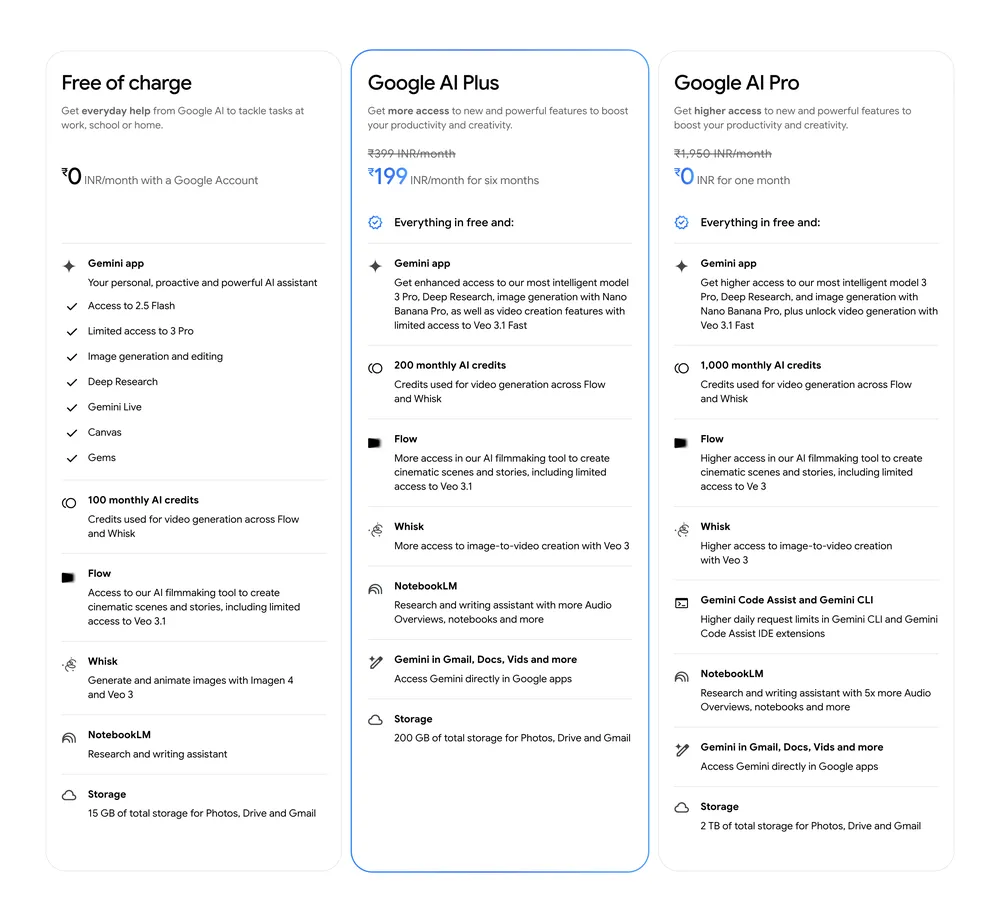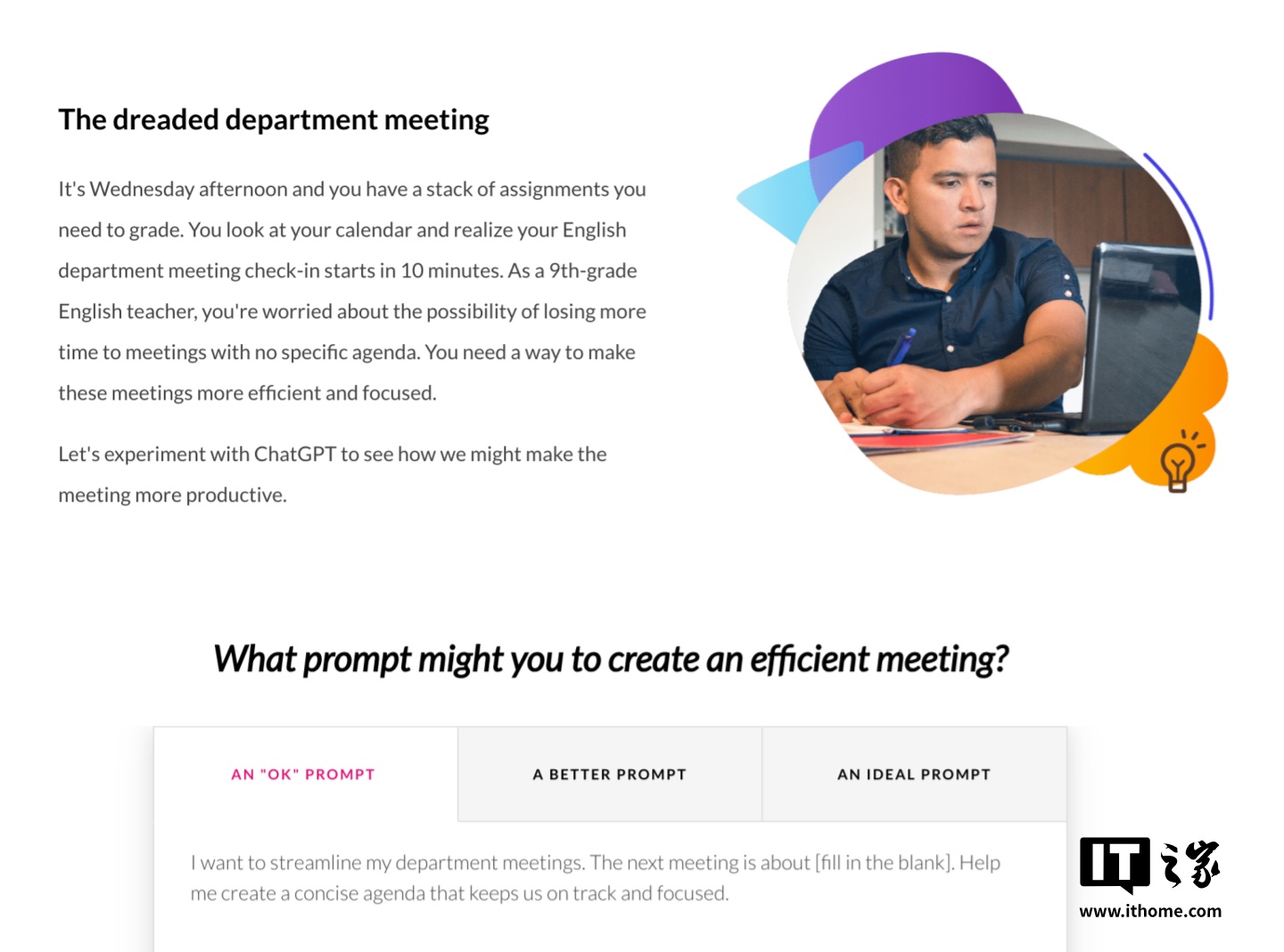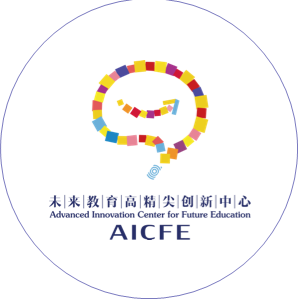例行晨读,读到一篇很棒的文章。作者是Tomáš Lintner,来自捷克共和国Masaryk 大学艺术学院教育科学系(Department of Educational Sciences, Faculty of Arts, Masaryk University, Brno, Czech Republic)。文章的题目是《人工智能素养量表的系统性综述》(A systematic review of AI literacy scales),文章的发表在 Nature 的学习科学子刊(在线)。
随着人工智能与社会的日益融合,许多新的人工智能相关工作岗位不断涌现,而越来越多的现有的工作岗位现在也需要人工智能再培训。随着人工智能的发展及其与社会的融合带来的机遇和挑战,人工智能素养成为一个关键问题。在过去这几年,在全球范围内,在许许多多的国家、国际组织、政府,都先后急不可待地发布了许许多多旨在提升人工智能素养的倡议和行动计划。
作为一个新兴概念,人工智能素养尚未被牢固地概念化。
人工智能素养通常被视为数字素养的高级形式。
人工智能素养的基本定义是理解、与人工智能系统和人工智能输出交互和批判性评估的能力(Yang, W. Artificial intelligence education for young children: why, what, and how in curriculum design and implementation.Comput. Educ.3, 100061 (2022).)。Ng, D. T. K. 等人的一项基于经典素养的调整来概念化人工智能素养的评论提出了人工智能素养的四个关键方面——认识和理解、使用、评估和理解与使用人工智能相关的伦理问题(Ng, D. T. K. et al. Conceptualizing AI literacy: an exploratory review. Comput. Educ. 2, 100041 (2021).)。与各个国家和政府所发布的行动、宣言和倡议相对应,人工智能素养量表的构建工作最近才开始,在学术共同体也涌现出了大量的面向不同人群的形式各异的人工智能素养评价工具。所有量表都是在过去三年内构建的,然而,与此同时,研究人员和教育工作者都很少关注开发和理解用于评估不同教育水平的人工智能素养的工具。高质量人工智能素养工具的应用对于理解和促进人工智能素养发展至关重要。
Tomáš Lintner 的这篇系统综述使用 COSMIN 工具评估了人工智能素养量表的质量,旨在帮助研究人员选择人工智能素养评估工具。Tomáš Lintner 的这篇系统综述纳入了 22 项研究,使用 COSMIN 工具,验证了 16 个针对不同人群的量表,包括普通人群、高等教育学生、中学生和教师。1. AI literacy testHornberger, M., Bewersdorff, A. & Nerdel, C. What do university students know about Artificial Intelligence? Development and validation of an AI literacy test. Comput. Educ. 5, 100165 (2023).
2. AI-CI:AI literacy concept inventory assessment
Zhang, H., Perry, A. & Lee, I. Developing and validating the artificial intelligence literacy concept inventory: an instrument to assess artificial intelligence literacy among middle school students. Int. J. Artif. Intell. Educ. https://doi.org/10.1007/s40593-024-00398-x (2024).
3. AILQ:AI literacy questionnaire
Ng, D. T. K. et al. Design and validation of the AI literacy questionnaire: the affective, behavioural, cognitive and ethical approach. Br. J. Educ. Technol. 54, 1–23 (2023).
4. AILS:AI literacy scale
Wang, B., Rau, P. L. P. & Yuan, T. Measuring user competence in using artificial intelligence: validity and reliability of artificial intelligence literacy scale. Behav. Inf. Technol. 42, 1324–1337 (2022).
5. AISES:AI self-efficacy scale
Wang, Y. Y. & Chuang, Y. W. Artificial intelligence self-efficacy: scale development and validation. Educ. Inf. Technol. 28, 1–24 (2023).
6. Chan & Zhou’s EVT based instrument (knowledge of generative AI subscale)
Chan, C. K. Y. & Zhou, W. An expectancy value theory (EVT) based instrument for measuring student perceptions of generative AI. Smart Learn. Environ. 10, 1–22 (2023).
7. ChatGPT literacy scale
Lee, S. & Park, G. Development and validation of ChatGPT literacy scale. Curr. Psychol. https://doi.org/10.1007/s12144-024-05723-0 (2024).
8. GSE-6AI:brief version of the general self-efficacy scale for use with artificial intelligence
Morales-García, W. C., Sairitupa-Sanchez, L. Z., Morales-García, S. B. & Morales-García, M. Adaptation and psychometric properties of a brief version of the general self-efficacy scale for use with artificial intelligence (GSE-6AI) among university students. Front. Educ. 9, 1293437 (2024).
9. Hwang et al.’s instrument
Hwang, H. S., Zhu, L. C. & Cui, Q. Development and validation of a digital literacy scale in the artificial intelligence era for college students. KSII Trans. Internet Inf. Syst.
https://doi.org/10.3837/tiis.2023.08.016 (2023).
Celik, I. Towards Intelligent-TPACK: an empirical study on teachers’ professional knowledge to ethically integrate artificial intelligence (AI)-based tools into education. Comput. Hum. Behav. 138, 107468 (2023).
11. Kim & Lee’s instrument
Kim, S. W. & Lee, Y. The artificial intelligence literacy scale for middle school. Stud. J. Korea Soc. Comput. Inf. 27, 225–238 (2022).
12. MAILS:meta AI literacy scale
Carolus, A. et al. MAILS—meta AI literacy scale: development and testing of an AI literacy questionnaire based on well-founded competency models and psychological change- and meta-competencies. Comput. Hum. Behav. 1, 100014 (2023).
13. MAIRS-MS:medical artificial intelligence readiness scale for medical students
Karaca, O., Çalışkan, S. A. & Demir, K. Medical artificial intelligence readiness scale for medical students (MAIRS-MS)–development, validity and reliability study. BMC Med. Educ. 21, 1–9 (2021).
14. inski & Belian’s instrument
Pinski, M. & Benlian, A. AI Literacy-towards measuring human competency in artificial intelligence. In Hawaii International Conference on System Sciences. https://hdl.handle.net/10125/102649 2023.
15. SAIL4ALL:the scale of artificial intelligence literacy for all
Soto-Sanfiel, M. T., Angulo-Brunet, A. & Lutz, C. The scale of artificial intelligence literacy for all (SAIL4ALL): a tool for assessing knowledge on artificial intelligence in all adult populations and settings. Preprint at arXiv https://osf.io/bvyku/ (2024).
16. SNAIL:scale for the assessment of non-experts’ AI literacy
Laupichler, M. C. et al. Development of the “Scale for the assessment of non-experts’ AI literacy”—ān exploratory factor analysis. Comput. Hum. Behav. Rep. 12, 100338 (2023a).
在文章中,作者从量表类型、测评题项数量、目标群体、样本、年龄、因素数量及其描述七个维度,对16个量表进行比较分析。
总体而言,这些量表表现出良好的结构效度和内部一致性。另一方面,只有少数量表经过了内容效度、信度、结构效度和反应度测试。所有量表均未进行跨文化效度和测量误差检验。大多数研究没有报告任何可解释性指标,几乎没有研究提供原始数据。目前有 3 个基于绩效的量表可用,而自我报告量表则有 13 个。Lintner, T. A systematic review of AI literacy scales. npj Sci. Learn. 9, 50 (2024). https://doi.org/10.1038/s41539-024-00264-4









